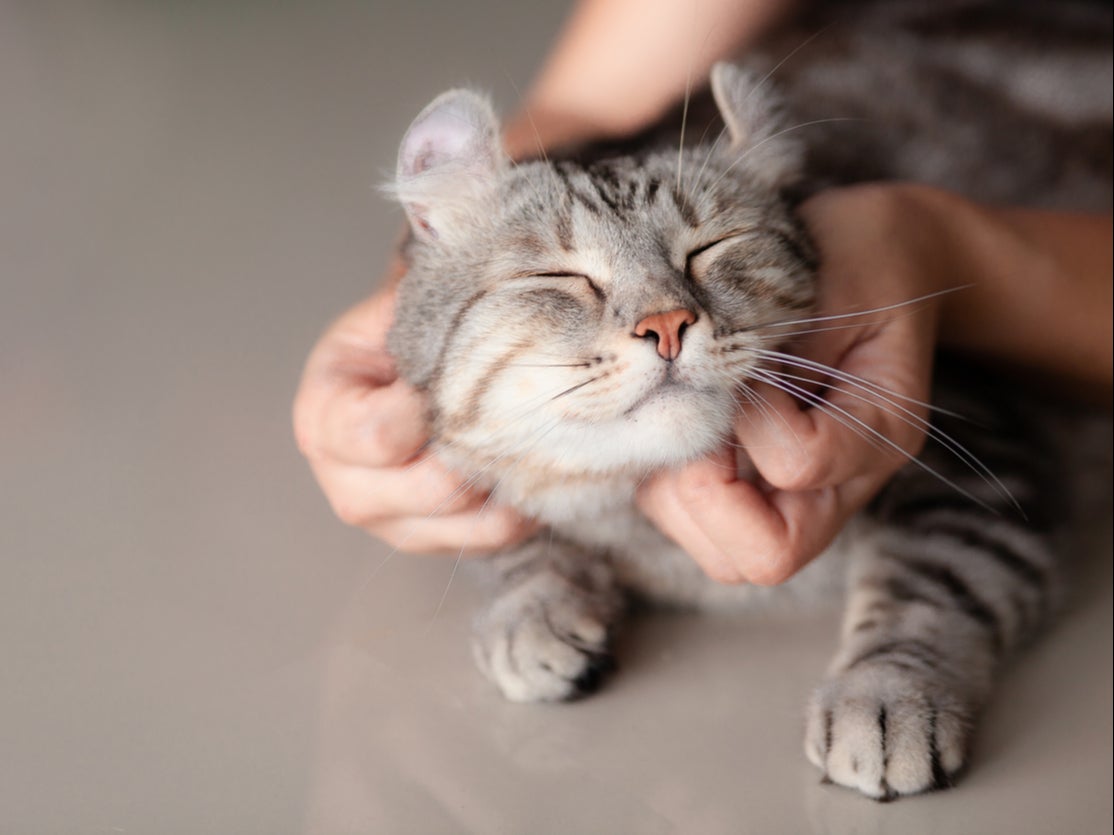There are only five types of relationship between humans and their cats, say researchers
Do you have a ‘casual relationship’ or a ‘co-dependent relationship’ with your fluffy feline?

You may think your cat has a unique personality but a new study has identified just five types of relationships that cat owners have with their beloved felines.
Researchers from the University of Lincoln examined the behaviour of thousands of pet cats to understand what it says about their relationship with their owner.
Although many cat owners may feel their pets are aloof and disinterested in them, the study suggests that your relationship depends on how emotionally invested you are in your pet as well as each cat’s individual personality traits.
Data from 1,994 respondents to a questionnaire developed by the researchers was analysed based on everyday cat-owner interactions.
The analysis was then broken down into four main factors, which are the “owner’s emotional investment in the cat”, “cat’s acceptance of others”, “cat’s need for owner proximity” and “cat’s aloofness”.
For our full range of free newsletters click here
The results found that every cat-owner relationship could be categorised into one of five groups: an “open relationship bond”, a “remote association”, “casual relationship”, “co-dependant relationship” or “friendship”.
Those with an “open relationship bond” were characterised by owners who were lightly emotionally invested in their pet, and an avoidant cat that has “little need for owner proximity”.
Meanwhile, owners with a low level of emotional investment may find themselves in a “remote association” or “casual relationship” with their cat, depending on the cat’s response to them.
These tend to occur in busy households and among cats that have access to the outdoors.
Cat owners that have the highest positive score in emotional investment usually land in the “co-dependent” and “friendship” relationship categories.
This group appears to have affectionate cats that have a “more exclusive relationship” with their owners and do not accept other people with ease. They also typically live in one-person households with no access to the outdoors.
However, the “friendship” relationship is more common among households with more than one cat, which means both the cat and the owner “can function independently”.
Dr Daniel Mills, animal behavioural specialist at the University of Lincoln, said: “Cats form close emotional relationships with humans, yet little is actually known about this.
“As with any complex social relationship, the type of cat-owner bond is a product of the dynamic between both individuals involved, along with their certain personality features.
“While many cats may be aloof, it seems that this is not as common as might be portrayed. The wider sociability of the cat and owner expectations may be significant, and the owner’s level of emotional investment in the cat and the cat’s sociability appear to be particularly important in discriminating what type of relationship they have together,” added Mills.
Wondering which bracket you fall into? You can take a quiz to find out what you and your cat are.
Join our commenting forum
Join thought-provoking conversations, follow other Independent readers and see their replies
Comments
Bookmark popover
Removed from bookmarks